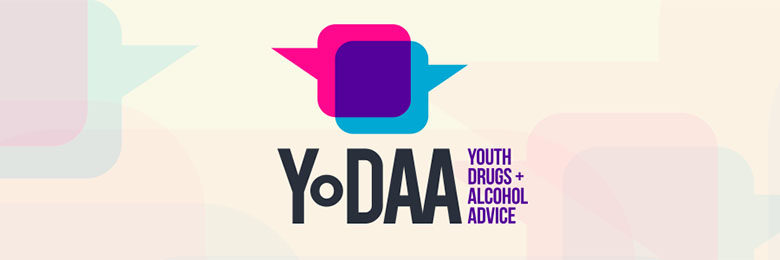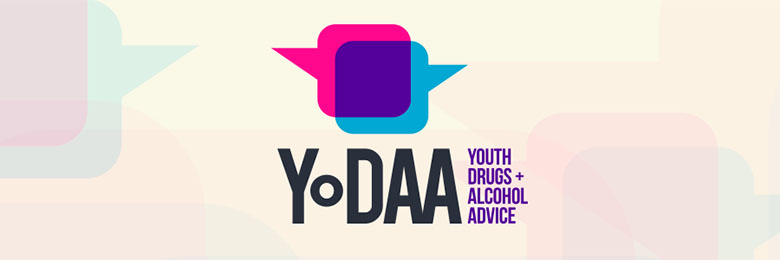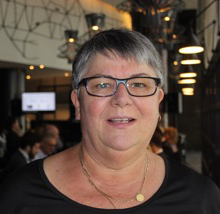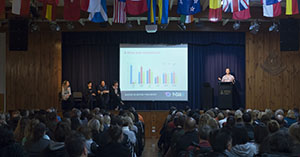Since YoDAA began we’ve had thousands of contacts. We often find parents have no idea what they need or want. They are overwhelmed and recognise they need something, but they don’t know what. They simply need to talk to someone. and it’s our job to listen, to provide information and strategies, and to refer parents on to other services when needed.
We help parents who are just finding out about experimentation with drugs right through to those who have children in a treatment service. We find there are particular types of information parents and carers want to know (compared to young people, schools or youth workers) when they contact YoDAA.
‘How would I know if someone in my home is using? How would I know if someone in my home is dealing?’ ‘I’ve just hacked my son or daughter’s Facebook page and found out they are using drugs – what do I do?’ ‘My son has been discharged from a treatment service, I don’t think he’s ready to come home’.
There’s something specific about the teenage years and moving from a period of complete dependence to being an independent adult, taking responsibility and making your own decisions. That middle stage is a transition.
We read a lot about the teenage brain, that young people haven’t got that executive function yet and so they rely more on emotions and impulses to make decisions. But young people need experiences to learn to be able to make decisions. So there’s a real tension in parenting adolescents to gradually give over responsibility and autonomy but still have safety nets.

Every bone in our body wants to make the immediate OK. So with drugs and alcohol it is horrific to consider letting a young person manage their own risk, because what if they go out tonight and something happens? The emotional want and need is to make tonight OK. So if your son or daughter is safely in their bedroom, you can sleep tonight. But we know that won’t produce a life-skilled 21-year-old.
Parents have a major impact on the environment around young people – they affect the safety and security in their house and the role modelling around how they problem solve and manage conflict and emotions. How willing they are to hear and support young people even when they don’t necessarily like or agree with their behaviour.
As parents you can set appropriate limits and consequences that make you feel you have some say over what happens in your house. But how do you ensure those limits and consequences don’t push your young person away? How do you raise the issue of drug use without getting their hackles up?
The difficulty is to negotiate when you know a young person has potentially started to dabble and experiment. How much do you allow them to manage themselves? There’s no clear-cut answer – it’s something you and your child need to discuss.
Drugs and alcohol are a value-laden topic. So it’s harder for a young person to be honest and to say ‘it was a bit risky last night, mum. I had a bit of a smoke of marijuana and I had a bit of a drink – I was on my own. I should have been with my mates’. That’s not a topic we’re comfortable talking about.
And often parents have a sense of shame or guilt thinking ‘I haven’t been a good enough parent, I’ve failed’. Or they blame issues in the family – ‘my grandfather was an alcoholic so I should have known this was going to happen’. But the nature of drug and alcohol problems is very complex and multiple factors in a young person’s life – peers, school, family and community – have an effect.
You can’t always drag a young person to get help but you can unwittingly do things that create barriers to conversation and that make help-seeking harder – some examples are demanding that help is sought, not noticing any gains a young person might make, not being able to have a conversation without it becoming a fight, being catastrophic around your conversations, and not negotiating consequences and limits.
There is so much a family can do to help a young person before they start using drugs or when problems are emerging. Parents know their young person more than anyone else, so get some support and advice but integrate that with your values and remember that you are an expert in your son and daughter’s life.
Dominic Ennis works at Youth Support + Advocacy Service (YSAS) and Youth Drug and Alcohol Advice (YoDDA).
YSAS, Mon – Fri (9am-8pm): 1800 458 685
YoDDA, 24-hour free line: 1800 458 685




